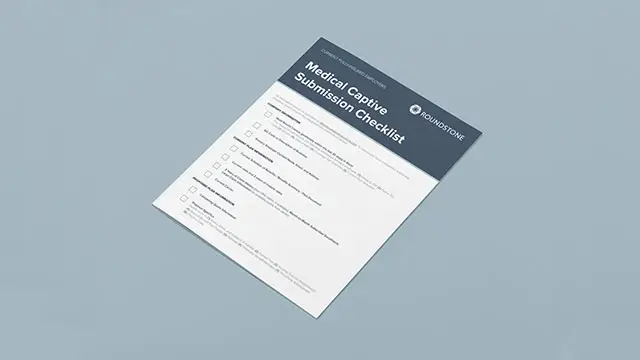By: Mike Schroeder, President
Are you perplexed by this question: is your company’s health benefits plan fully insured or self-funded? If you answered yes, you’re not alone in your uncertainty. You might think, of course my company offers health insurance and our employees contribute by paying a monthly premium to have it. So, yes, we are fully insured and we collectively self-fund our health plan. But the real question being asked is—how is your overall health care plan being funded? Today, there are several different ways in which a company can manage their plan.
Fully Insured vs. Self-Funded Health Plans
Fully insured health care plans are most commonly used by small to mid-size employers with less than 1,000 employees. A fully insured plan means that an employer pays a fixed premium every year, regardless of the number of claims. Oftentimes, annual claims are less than the premium paid, but the carrier keeps the total amount. There is no reward for having a healthy workforce whose claims fall below the annual premium. As an employer, you either use it or lose it and any savings are retained by the insurance carrier. This, coupled with year-over-year rising costs, is why fully insured programs are not always an ideal option for employers trying to offer affordable health benefits without passing along the increases to their employees.
Traditionally, larger employers have the option to go with self-funded health plans. In this case, the employer takes on the risk of paying all the claims and relies on a stop loss carrier to handle any catastrophic claims that may occur. However, self-funding means the employer pays for only claims incurred and not a set premium that often exceeds actual costs. Self-funded health plans enable an employer to take control of their spend through transparency in claims data to help identify cost savings opportunities. The advantage of actively managing spend to employ cost containment strategies far outweighs the risk. Plus, employees are provided a quality level of care typically at a lower cost—promoting the attraction and retention of top talent. Self-funding is widely recognized as the most efficient funding method available for health care benefits.
If given a choice, most employers would choose self-funded health plans like a Fortune 500 company. However, their size dictates their options – size matters. Luckily, small to mid-size employers now have an option to operate like a large employer and manage their health care with a group, self-funded health plan.
Group, Self-Funded Health Plans
In its simplest form, a group, self-funded health plan is when employers pool together their risk into a captive program. The word “captive” is positive in this context and provides the freedom of choice. Each employer maintains their own individual health plan based on their specific needs but the pooling and risk sharing removes volatility. These employers would otherwise be too small to self-insure their employee health care benefits on their own and would be subject to high premiums found in the traditional, fully insured market. Further, employers are given flexibility in plan design and ways to save with little-to-no disruption to their employees.
Buying health insurance should not be a rash decision made each year but rather a well-thought-out strategic plan to manage this significant expense. While some providers may offer a low price to “buy” the business, maintaining affordable rates over the long run is often not a reality unless the funding strategy provides long-term ways to save. With Roundstone, our health benefits plans deliver enhanced variable cost funding through a group captive. This allows for a greater return on savings over the long-term. Any unused funds in the employer claims account are retained by the employer. Unused funds in the entire risk-sharing pool are also returned to each participating employer on a pro-rata basis. Recently, we distributed $7.2 million back to our captive participants. When it comes to cost-saving, group self-funded health plans with Roundstone sound like a safe bet to me.
Contact Roundstone to learn how you can start saving on your health benefits plan today.
About the Author:
Since 2005, Michael A. Schroeder has served as President of the Roundstone organization. Mike offers more than twenty-five years of insurance industry management experience and delivers a track record of building and leading fast-growing, innovative businesses. Mike Schroeder received his Juris Doctorate from The Ohio State University College of Law and his Bachelor of Science in Management from Tulane University’s AB Freeman School of Business.









